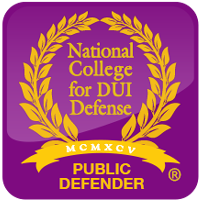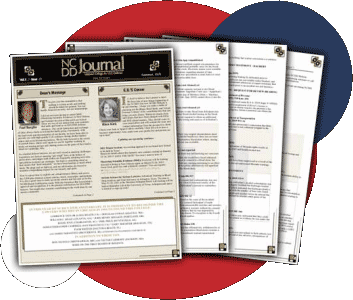- The ABA’s Concise Guide to Lawyer Specialty Certification
- Benefits to Become Board Certified - ABA Video
- Board Certified Members
- How to Become Board Certified in DUI Defense Law
- Apply for Certification
- Apply for Re-Certification Renewal
- Board Certified Senior Specialist
- Rules Governing Board Certification
- Preparing for the Exam

Michael Schillinger
About Michael A. Schillinger, Esq.
Law Office of Michael A. Schillinger, Esq.
142 Freeman Avenue
Islip, NY 11751
Phone: 631-650-6900

About Michael Schillinger
Mike Schillinger is a former prosecutor who uses that experience to effectively represent his clients. Prior to entering criminal defense practice, Mike served as an Assistant District Attorney in the Queens County District Attorney's Office where he prosecuted numerous misdemeanor and felony DWI cases. Mike uses his experience to aid him in negotiating with the District Attorney's Office in an attempt to reach the best possible resolution on his client's cases. And when a resolution can't be reached, he uses his knowledge to fight for his clients every step of the way.
Contact Michael Schillinger
Provide some details about your situation, but remember not to include sensitive information. An attorney-client relationship is only formed once an attorney formally agrees to represent you.
Find an Attorney
Enter your city, state, or Zip code below to locate a qualified attorney who has demonstrated a commitment to defend those accused of DUI and related crimes.
FROM OUR BLOG
Ethics Task Force Blog
04/15/2025
Written by Jonathan Dichter The Heart of Client Care: Moving Beyond Case Management In the legal profession, we often talk about "case management" - the systems and processes that keep our cases moving efficiently. But what about *client care*? True client care goes beyond deadlines and filings; it's about treating clients as *people*-scared, uncertain, and in need of guidance. And when done...
Personal Contact: Using the Officer's Observations Against Them
03/10/2025
Written by Charles GoodwinEdited by Michelle Behan and Steven Hernandez The typical DUI investigation has three phases. It begins with the vehicle in motion and focuses on driving patterns that officers are trained might indicate impairment. Next is personal contact, where the officer will observe physical manifestations that are also purportedly correlated with alcohol ingestion and impairment. Finally, the officer will...





